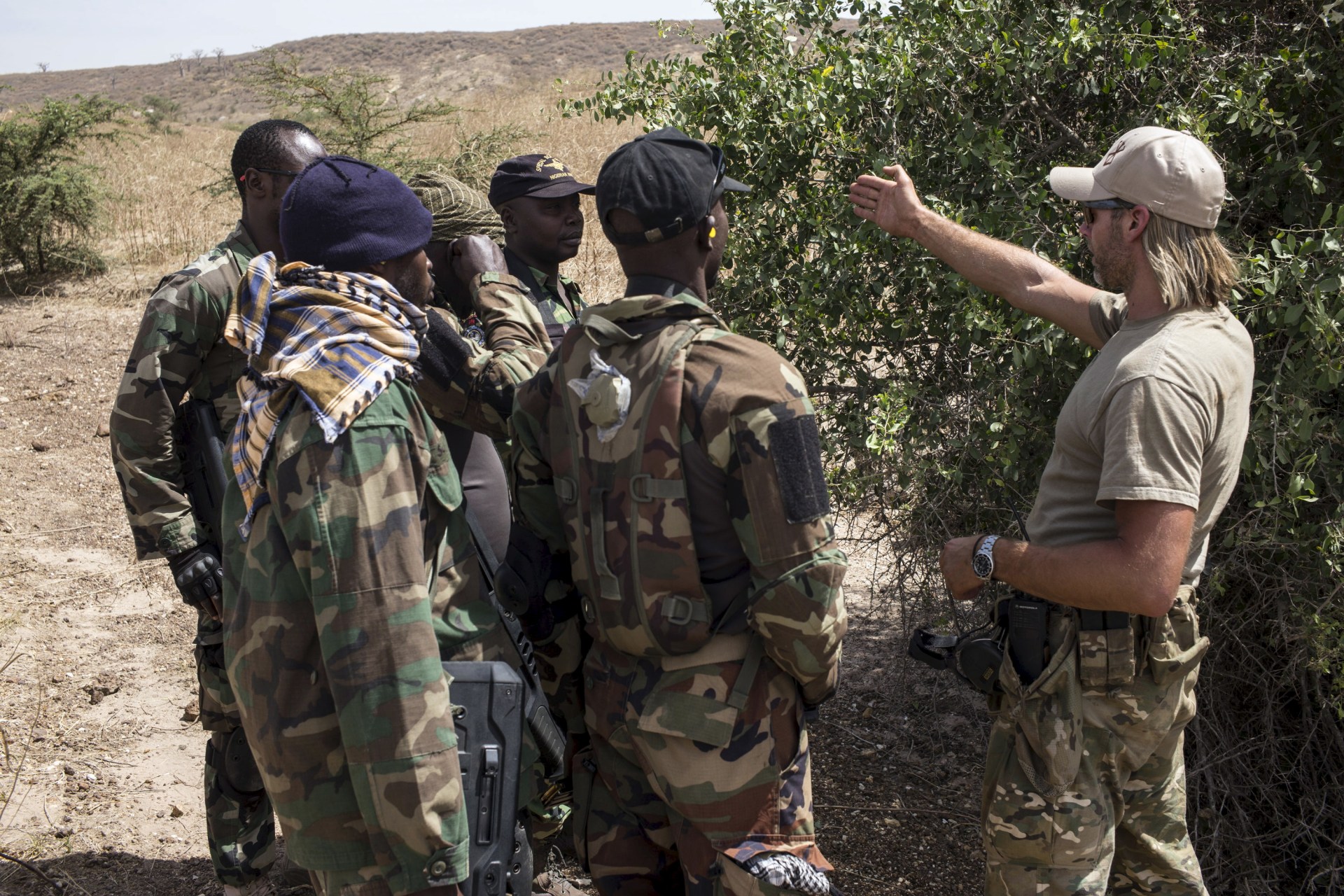U.S. Military Presence in Sub-Saharan Africa Will Likely Decline

By experts and staff
- Published
By
- John CampbellRalph Bunche Senior Fellow for Africa Policy Studies
In the context of the “war on terror,” many American friends of sub-Saharan Africa’s have been concerned that Washington has been tilting away from supporting the continent’s economic, social, and political development towards a focus on security issues. Though the U.S. military presence has always been small—Djibouti hosts the only U.S. base on the continent—the presence of the Africa Command (AFRICOM), which is based in Europe, has grown. The number of Special Forces operatives has also increased, with their stated focus being to help train indigenous forces to counter extremist groups with links to al-Qaeda and the Islamic State. In January, however, a new national security strategy unveiled by Secretary of Defense James Mattis signaled a shift away from countering terrorism to responding to threats from Russia and China. Secretary Mattis said, “We will continue to prosecute the campaign against terrorists, but great power competition—not terrorism—is now the primary focus of U.S. national security.”
In October 2017, indigenous fighters ambushed a joint U.S.-Nigerien operation in western Niger, killing four American soldiers and a similar number of Nigerien soldiers. At the time, especially in Congress, there was concern about the U.S. presence in Niger and personnel’s involvement with fighting rather than exclusively with training and advising. The Department of Defense subsequently conducted a thorough investigation, which, according to the New York Times, will likely result in a reduction of the number of Special Forces in Africa. AFRICOM has reportedly been asked to develop scenarios for counterterrorism operations in Africa if Special Forces were reduced by 25 percent over 18 months and 50 percent over 36 months. Citing Defense Department sources, the Times also reports that there is concern that Special Forces, numbering about 7,300 in 92 countries around the world, are over-stretched. There are about 1,200 Special Forces personnel currently in Africa.
For friends of Africa, it is important to note that a shift of Washington’s priorities away from terrorism does not necessarily mean a revitalization of traditional U.S. government involvement in health, economic development, education, or democracy promotion. Despite deprecating rhetoric from the Trump administration, however, these activities have largely continued because they have strong Congressional support. In fact, Congress blocked the Trump administration’s proposals for a draconian cut in funding for USAID, and Congressional funding for some USAID programs actually increased over last year.